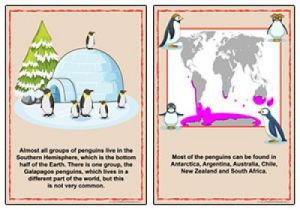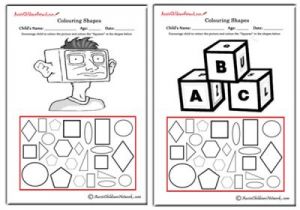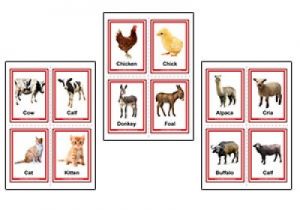

This template can be used as a daily diary to showcase the experiences that took place throughout the day.
A: In terms of best practice, not every single piece requires a long, formal reflection, but each should invite at least a moment of intentional consideration.

The Penguin Information Posters provide simple facts on penguins for children to understand. It can...
View Worksheet...
Worksheets of colouring and finding square shapes with matching object
View Worksheet...
The farm animals adult and baby flashcards are a great tool for children to learn...
View Worksheet...© 2009-2025 Aussie Childcare Network Pty Ltd. All Rights Reserved.

